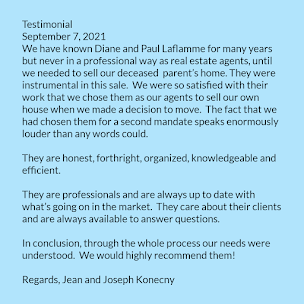If you have spent some, or perhaps all, of your working life away from Canada, coming back to this country and buying a home can pose challenges.
As with any customer, a lender will want proof of income and credit worthiness before approving a mortgage. "They are required to prove they have already secured employment," says Ayaz Bhanji, a mortgage broker with Mortgage Intelligence in TO.
If you worked in Canada prior to moving overseas, or used a Canadian credit card, you will likely have a credit rating in this country, Mr. Bhanji says.
"In the absence of that, banks would be willing to look at credit references from the country where they were working indicating they had been dealing with them for several years and their credit ratings were satisfactory," he says.
David Kuo, district vice-president for Toronto at HSBC Canada says using an international bank can facilitate credit checking, as well as ease international money transfers.
"Sometimes they see a house they like in Canada and they might need to put a deposit down right away," Mr. Kuo says. If they have already left their previous country of residence, it can be difficult for them to verify a money transfer.
Strict money anti-laundering rules mean Canadian banks must know exactly where the money for your deposit has come from.
"For a large amount of funds being transferred into a Canadian account, the bank will need verification as to what the source of those funds were," Mr. Bhanji explains. "Some kind of paperwork that shows, say, they had property in Europe and they've sold it and these are the proceeds. A wire transfer from the originating bank helps as well."
Mr. Bhanji says if a buyer has more than 20% to put down and does not need an insured mortgage, some lenders will allow a degree of flexibility as the returning Canadian gets re-established in the country.
"When we have a returning Canadian in a professional field who expects to be employed soon and has a minimum 20% down payment, because the mortgage does not need to be insured, the lender is able to exercise their own judgement," Mr. Bhanji says. "If they have good credit history, 20% to 25% down - so more liquidity - the risk for the lender is much smaller than for a high-ratio mortgage. They may request you deposit six months' mortgage payments in an account and they will register a small lien within the bank. Those [funds] are a back-up security for the lender."
Mr. Kuo says many customers do not bring all their money back to Canada at one time. Such clients can benefit from having part of their mortgage closed at a low fixed rate and another portion at a higher rate, but open for early repayment.
"For example, the mortgage is $200,000 and I might have $50,000 slowly coming in from selling a property overseas," Mr. Kuo says. "I would lock in $150,000 [to a low fixed rate] and leave the $50,000 as an open mortgage or line of credit."
© Copyright (c) National Post







